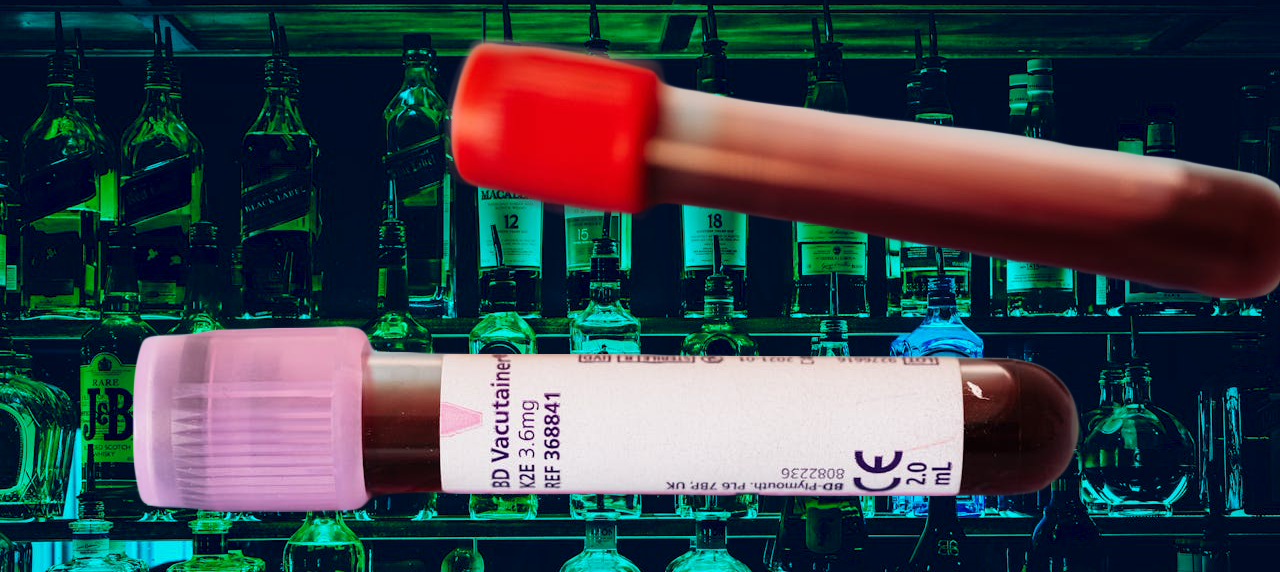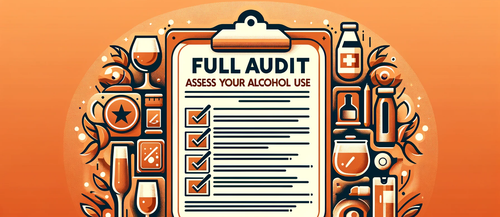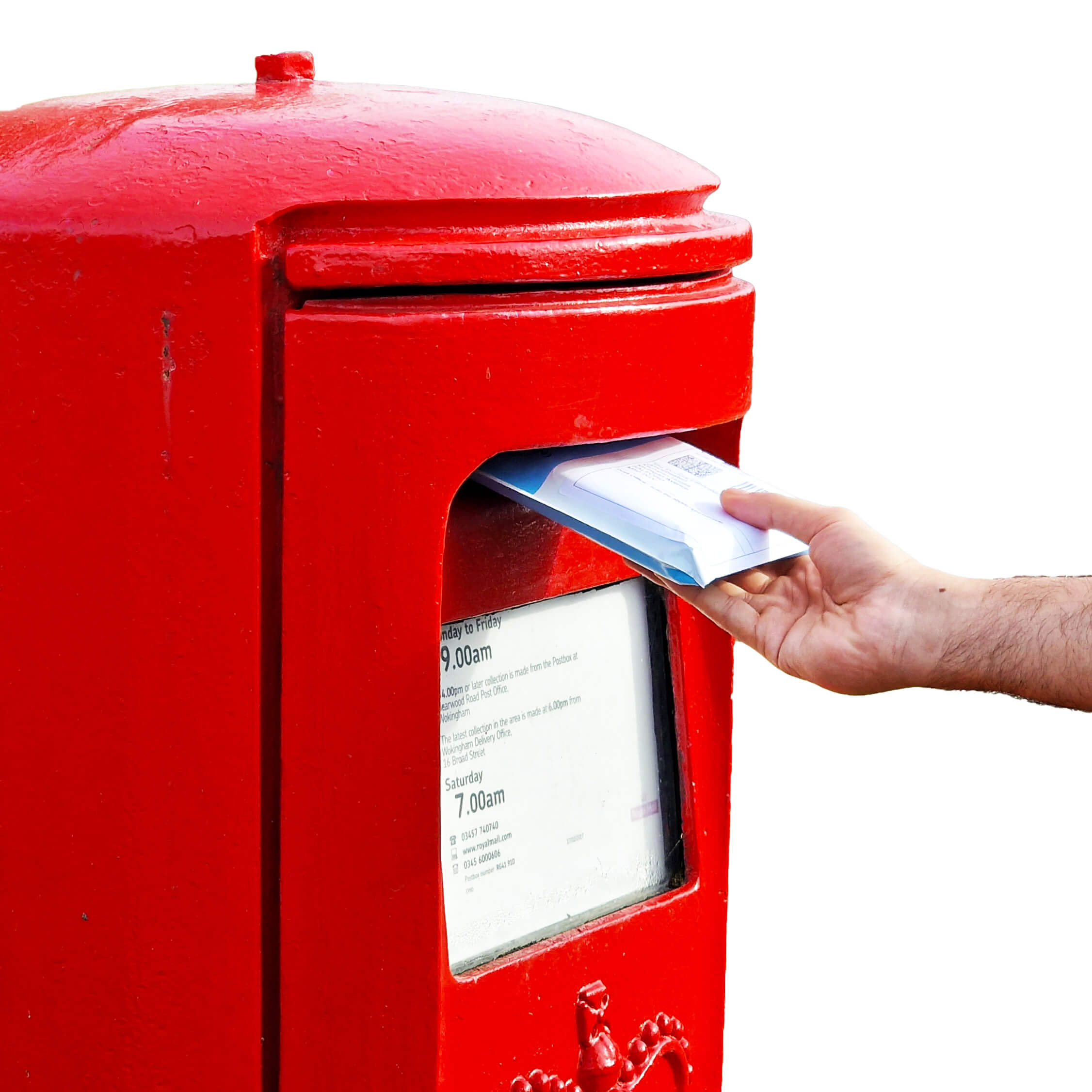
Guide to Different Alcohol Tests and When to Use Them
Get the correct alcohol test
In the UK and elsewhere, drinking alcohol is a normal part of many social events. But sometimes, we need to check how much alcohol someone has drunk for health, work, or legal reasons. There are several ways to do this, each with its own use. Let's look at 7 main tests: urine alcohol test, blood alcohol test, urine EtG test, CDT test, PEth test, liver function test, and MCV.
1. Urine Alcohol Test
This test checks for alcohol in someone's wee. It's a simple way to see if someone has drunk alcohol recently, mostly used by employers and the police. It works best if used within 12 to 48 hours after drinking.
2. Blood Alcohol Test
This test measures how much alcohol is in someone's blood by taking a small blood sample. It's very accurate and is often used in court, for example, if someone is suspected of drink-driving. It can find alcohol in the blood from a few minutes to several hours after drinking and is often used by the Police.
3. Urine EtG Test
The EtG test finds bits left in the wee after the body breaks down alcohol. It can show if someone has drunk alcohol up to 80 hours (about 3 days) before. This test is good for checking if someone hasn't drunk alcohol over a few days, like for court or in alcohol treatment programs.
4. CDT Test
The CDT test is a blood test that can tell if someone has been drinking a lot of alcohol regularly. If the CDT level is high, it means the person might be drinking too much. This test is good for seeing how someone is doing in alcohol treatment or if they might have liver damage from drinking too much. The CDT test is useful for checking alcohol use over the last one to weeks. It's used by the DVLA to assess people before they regain their driving license.
5. PEth Test
This blood test is very good at finding out if someone has drunk alcohol in the last 2 to 4 weeks. It only shows up if the person has actually drunk alcohol. It's used in hospitals, courts, and for checking how someone is doing with not drinking.
6. Liver Function Test
This test doesn't check for alcohol itself but looks at how the liver is doing. Drinking too much alcohol over a long time can hurt the liver. This test checks the health of the liver by looking at different substances in the blood. Liver function testing is often combined with other alcohol detection tests to check for the long term effects of alcohol misuse.
7. MCV in Full Blood Count Test
MCV (Mean Corpuscular Volume) is part of a full blood count test and measures the average size of your red blood cells. Alcohol can make these cells larger, so a higher MCV can indicate heavy drinking over time. This test is not specific to alcohol but can support other findings in assessing alcohol intake's effects.
MCV is useful for detecting alcohol misuse over a longer period, typically reflecting changes associated with weeks to months of heavy drinking. It's not a direct marker of alcohol intake, meaning it doesn't show recent use but rather indicates a pattern of consumption over time that affects the body's production of red blood cells. Other common causes of large red blood cells include vitamin B12 and folic acid deficiency so MCV is not a specific test for excessive alcohol consumption.
When to Use Each Test
- Urine Alcohol Test: Use this right after you think someone has drunk alcohol.
- Blood Alcohol Test: Best for legal situations when you need to know exactly how much alcohol is in someone's blood. Used by the Police.
- Urine EtG Test: Good for checking if someone has drunk alcohol in the last 3 days.
- CDT Test: Helps to see if someone has been drinking a lot over the last 2 weeks and is staying away from alcohol. Used by the DVLA.
- PEth Test: Tells you if someone has drunk alcohol in the past 4 weeks. Used by airlines.
- Liver Function Test: Checks if drinking alcohol has damaged someone's liver. The effects can last for a number of months.
- MCV test: Part of a Full Blood Count test. MCV is raised over weeks or months of excessive alcohol intake.
So, choosing the right alcohol test depends on what you need it for, like how soon after drinking you're testing, or if you need to check someone's health over time. Knowing what each test does helps you pick the right one for the situation. Tests for alcohol consumption are often combined with liver function and full blood count tests to get a complete picture.
Collection list
- Choosing a selection results in a full page refresh.








